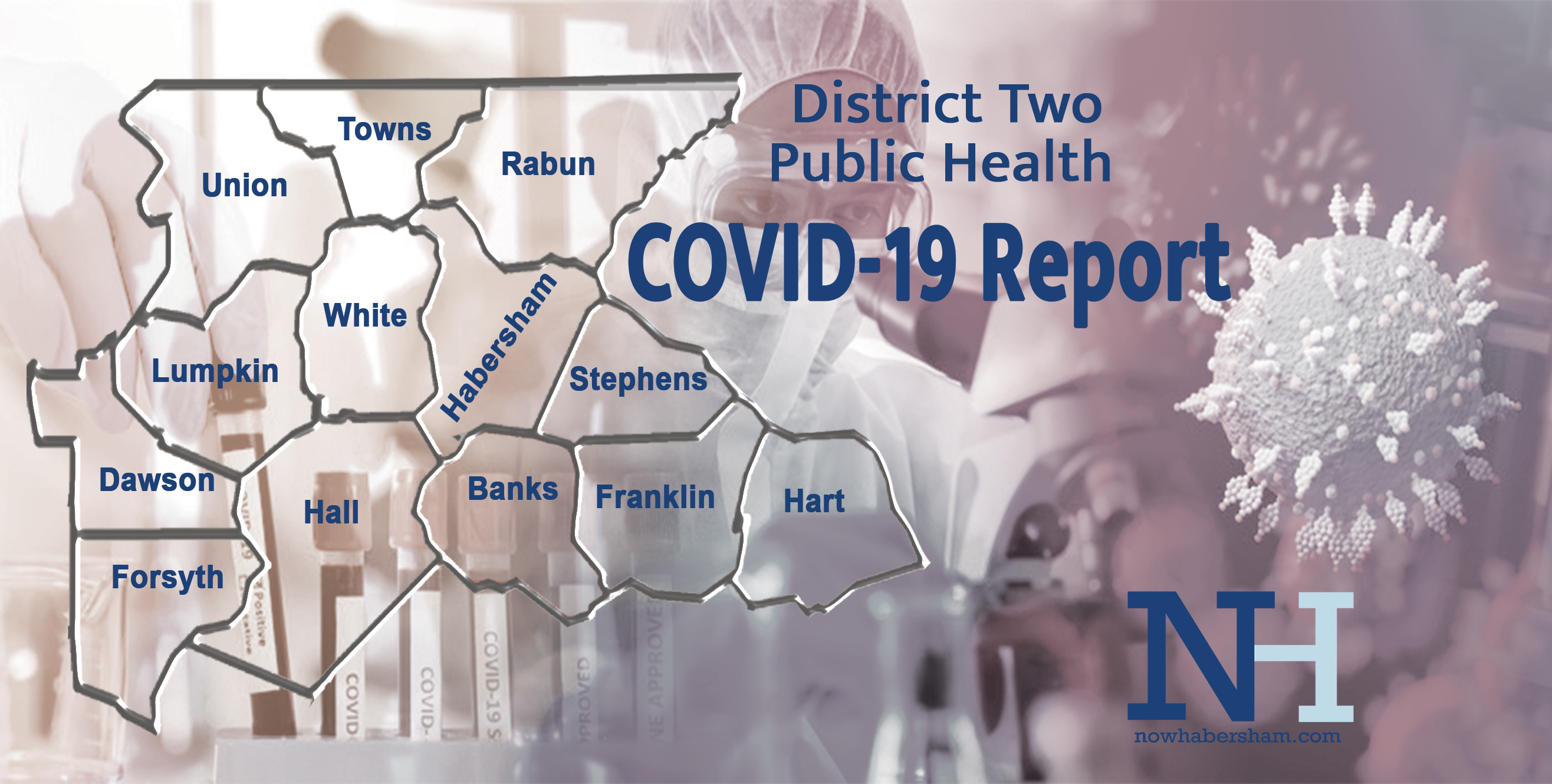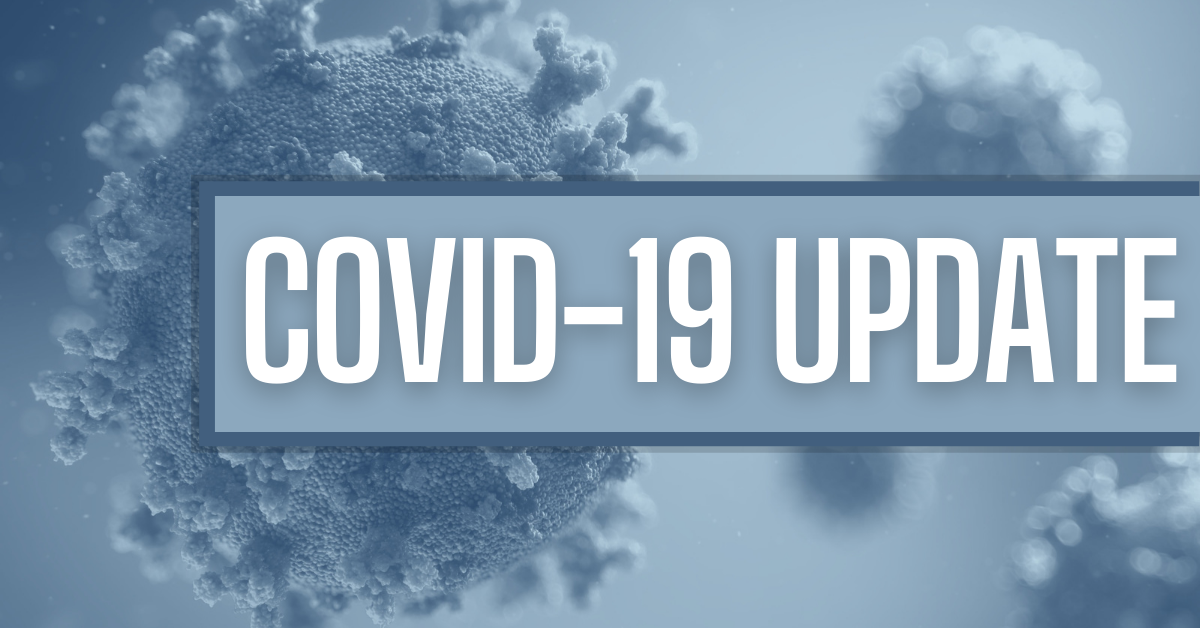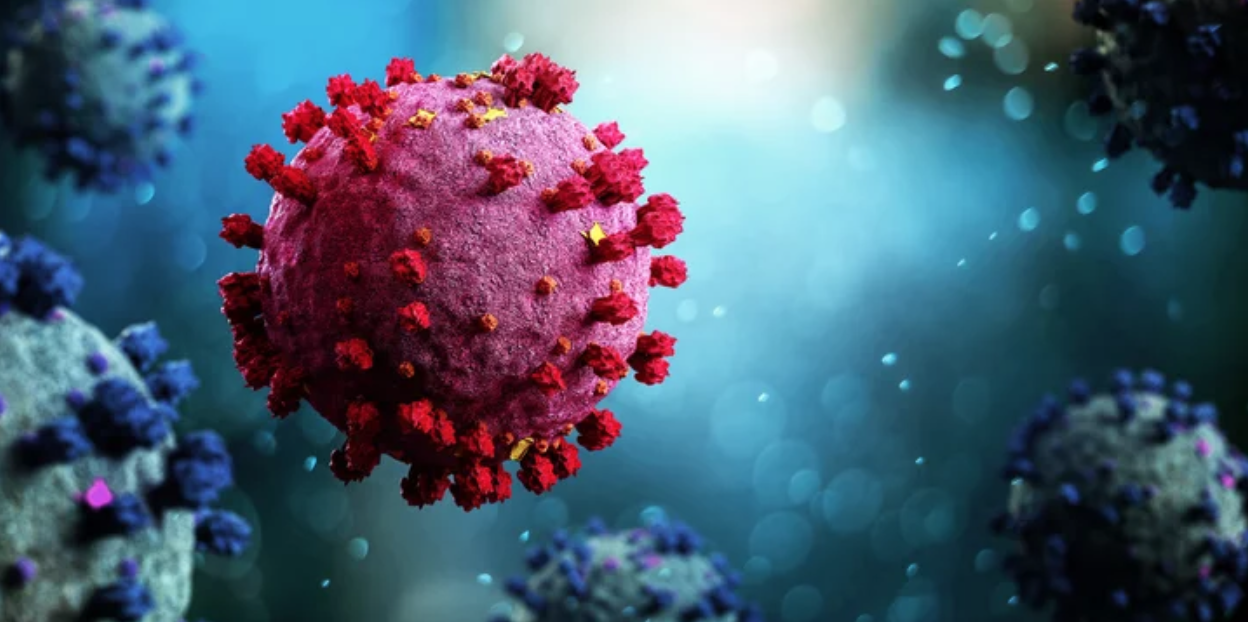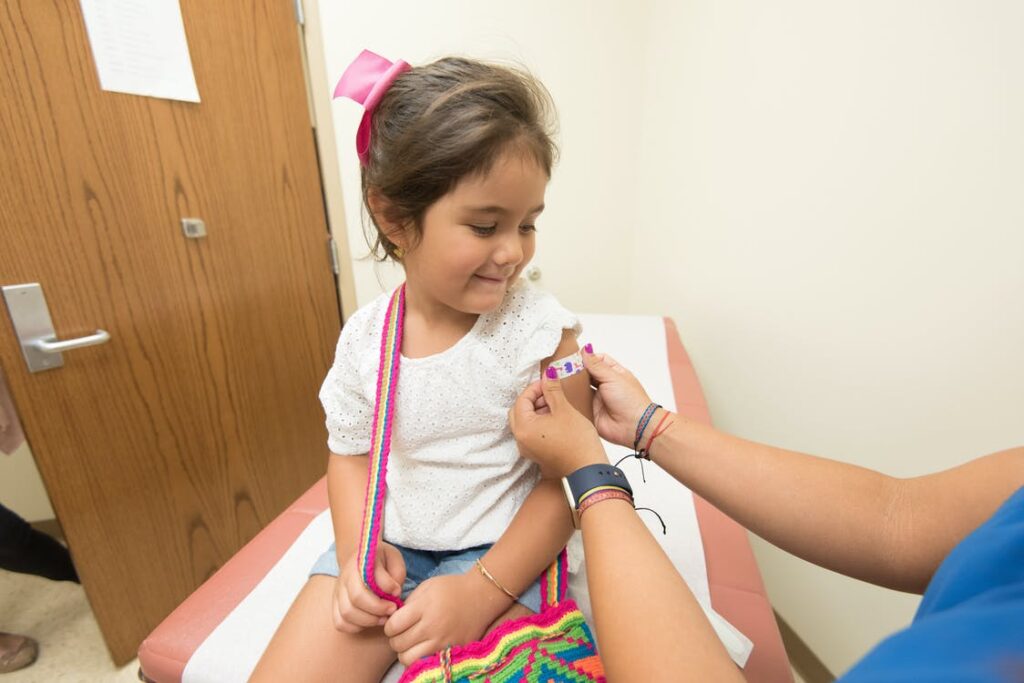
With COVID-19 cases spiking, it’s basically impossible for the state’s contact tracers to reach the burgeoning number of people potentially exposed to the disease.
That’s the assessment of the state agency running the program.
“With new cases hovering around 10,000 daily, it is not possible to keep up with them,’’ Nancy Nydam, spokeswoman for the Georgia Department of Public Health, told GHN recently.
 Tracing an infected person’s recent contacts is a way to contain the spread of a disease — if it can be done fast enough. COVID is only the latest disease to necessitate such tracing.
Tracing an infected person’s recent contacts is a way to contain the spread of a disease — if it can be done fast enough. COVID is only the latest disease to necessitate such tracing.
Contact tracing is being prioritized in line with CDC guidance, Nydam said. That means contacting a person’s household members first, then pursuing contacts in “congregate community settings” such as schools or workplaces, she said.
Public health experts view contact tracing as a vital function to bring down the rate of transmission of the virus.
This tracing activity, though, hasn’t been getting much public attention in recent weeks. It’s been overshadowed by the rollout of COVID vaccines in the United States, and by daily reports of new cases, hospitalizations and deaths that regularly break state and national records.
“There are now so many cases, we can’t reach everyone,’’ a contact tracer told GHN. “There’s not enough personnel and not enough money.’’ This public health worker requested anonymity, citing a state directive to such employees not to talk to the media without authorization.
There’s more focus on prisons, schools, law enforcement facilities, and medical facilities, along with other workplaces, the contact tracer said. “We’ve had to streamline the process.”
Yet with a more contagious strain of COVID surfacing in Georgia and other states, contact tracing may be more important than ever. This variant, first identified in Britain, is spreading rapidly in this country, the CDC reported last week.
Help for contact tracing may be on the way, though, under President-elect Joe Biden’s massive COVID package. Biden takes office as president Wednesday.
Finding and warning people
The tracing begins with case investigators working with patients who have confirmed or suspected COVID, helping them recall everyone they’ve had contact with while infectious. Then contact tracers warn those exposed individuals that they should monitor their health for signs and symptoms of COVID-19. These people are advised to get tested and potentially self-quarantine.
The goal is to break the chain of new infections.
 The effectiveness of contact tracing depends on cooperation from the public, people getting COVID test results back quickly, and public health workforce capacity, said Adriane Casalotti, chief of government and public affairs for the National Association of County and City Health Officials (NACCHO). The surge of COVID, she said, can force public health workers into the triaging of cases and contacts.
The effectiveness of contact tracing depends on cooperation from the public, people getting COVID test results back quickly, and public health workforce capacity, said Adriane Casalotti, chief of government and public affairs for the National Association of County and City Health Officials (NACCHO). The surge of COVID, she said, can force public health workers into the triaging of cases and contacts.
Along with contact tracing, health departments also are having to do COVID testing and vaccinations, and help with reopening schools, among other functions, Casalotti added.
The state of Georgia now has a contact tracing/case investigator workforce of 1,500, up from about 1,000 in early summer.
But their workload is expanding as well. Georgia currently has the seventh-highest rate of new infections per 100,000 population over the past seven days, according to a New York Times chart Tuesday. And on Tuesday, Georgia reported a single-day high of COVID deaths, with 170.
“The volume is high, and it’s challenging,’’ said Dr. Charles Ruis, medical director for the southwest Georgia Public Health district. “We’re working days, nights, and weekends. The state has made it possible for us to hire extra help, and that temporary help has been good to have.”
Reaching people potentially exposed is a critically important mission, said Amber Schmidtke, a microbiologist who tracks COVID-19 in Georgia.
“If people don’t know they’re exposed, they will not test early. You could be sick and not have the early treatment,’’ she said. “They don’t know that they have to quarantine.’’
Schmidtke noted that 40 percent who are infected with COVID have no symptoms at all. “You have to identify that 40 percent.’’
The state’s number of COVID cases classified as “unknown’’ in terms of details is growing, she added. “It’s an indication that they’re getting overwhelmed.’’
 NPR reported in October that the U.S. had more than 50,000 contact tracers, according to a survey of states conducted by the Johns Hopkins Center for Health Security.
NPR reported in October that the U.S. had more than 50,000 contact tracers, according to a survey of states conducted by the Johns Hopkins Center for Health Security.
That’s four times the number that states reported to NPR in its initial survey in late April, but it fell far short of the more than 100,000 that public health experts have been calling for since the pandemic began seven months ago.
Only a handful of states had enough public health workers to investigate their coronavirus cases, NPR said. That did not include Georgia or other Southeastern states.
“Contact tracing, if up and running and robust, and you have available testing with rapid results, it can be incredibly valuable to reduce rate of transmissions,’’ said Dr. Harry Heiman, a public health expert at Georgia State University. But he added, “We’ve never had a robust system in place’’ in the state.
Public sometimes skeptical
Contact tracers can run into obstacles, including limited cooperation from the public.
“A percentage of individuals would never speak to us. They didn’t believe we were part of the health department,’’ said the contact tracer. “Many times people will withhold information about their friends.”
There are also people whose dishonest behavior helps feed this public suspicion. These include scammers falsely claiming to be health officials, and those who use COVID as a pretext for spam calls. It should be emphasized that legitimate contact tracing focuses on infection-related issues, and it never includes questions about people’s financial or other sensitive personal information.

Bari
A second contact tracer, Sombal Bari, who talked to a reporter with the state’s permission, said the work “has been a bit more busy making sure that we’re reaching out to a certain amount of contacts per day. I wouldn’t really call it a challenge, but it’s been a lot busier than it was before.’’
What has helped, said Bari, who works in the southwest Georgia district, is sending a text message if the person doesn’t answer the initial call. “They feel comfortable and they know it’s not just like a random number, or someone who’s trying to get their information and stuff like that.’’
The COVID relief package championed by Biden includes funds to beef up contact tracing.
Biden’s proposed plan would add 100,000 new community health workers, creating a workforce for tasks such as vaccine outreach and contact tracing. These workers are also intended to become a permanent fixture in the U.S. public health infrastructure.
NACCHO’s Casalotti said Tuesday that the Biden plan is a positive sign for the fight against COVID.
“It’s very hopeful to have a focus on workforce,” she said. “But it’s important to sustain this long term. This marathon is far from over.”
Madeline Laguaite contributed to this article. She is a freelance journalist and a health and medical journalism graduate student at the University of Georgia.





